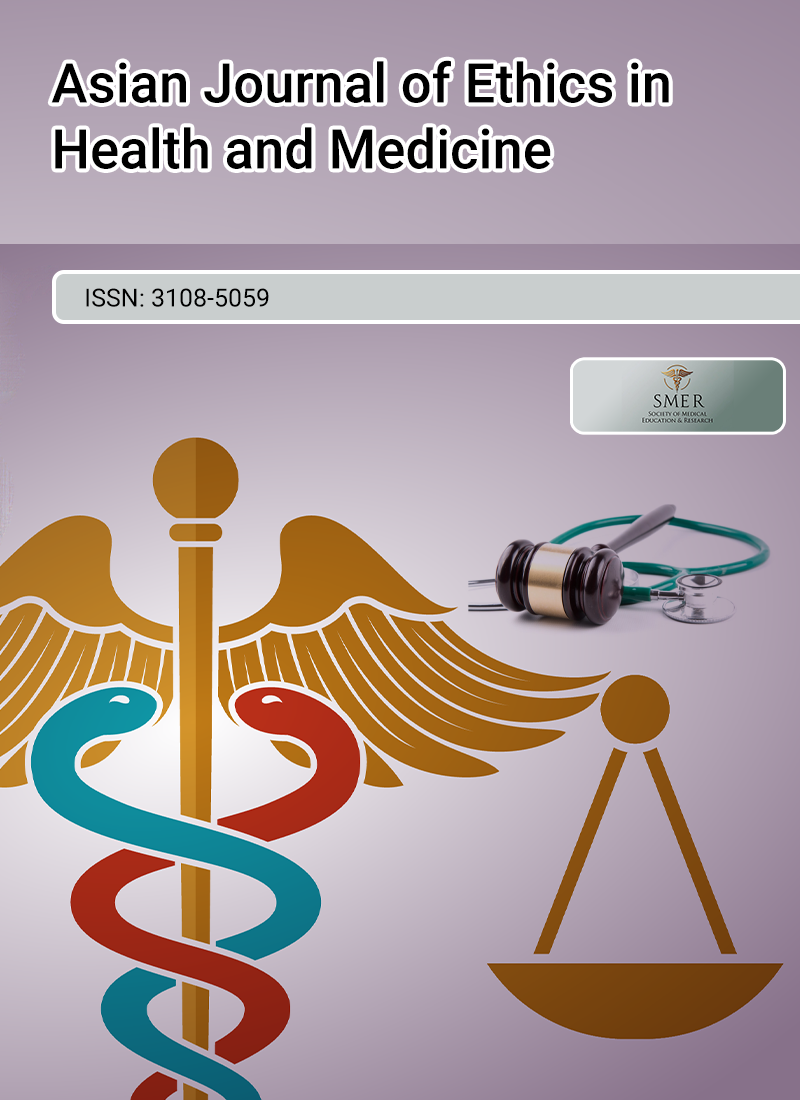
Safeguarding human rights and adhering to bioethical principles in prisons are essential for society and directly influence the overall health of the wider population. However, such principles are often inadequately upheld in correctional facilities, leaving prisoners exposed to abuse that severely impacts their physical and mental well-being. A systematic review was conducted using a MESH-based search strategy with the following terms: (bioethics) AND (prison), (ethics) AND (prison), (bioethics) AND (jail), (ethics) AND (jail), (bioethics) AND (penitentiary), (ethics) AND (penitentiary), (prison) AND (human rights). After applying predefined inclusion and exclusion criteria in accordance with PRISMA guidelines, 17 studies were included. Among the 17 selected publications, the majority were prevalence studies (n=5) and surveys (n=4), followed by cross-sectional studies (n=3), one qualitative study, one retrospective study, and one explanatory sequential mixed-methods design. Most works examined the relationship between bioethics and prisoners’ access to healthcare for conditions such as vaccination, tuberculosis, hepatitis, and HIV. Other studies highlighted ethical concerns related to mental health, disability, ageing, women’s health, suicide risk, and end-of-life requests. Overall, the findings point to systemic deficiencies in upholding bioethical standards and respecting human rights within prisons. Prisoners frequently face barriers to healthcare, elevated risks of suicide and disability, exploitation as organ donors, and restricted autonomy that undermines their ability to make decisions regarding end-of-life care. To address these shortcomings, prison personnel—including healthcare providers, security staff, and administrators—should engage in continuous training to promote compliance with ethical norms and the protection of human rights.